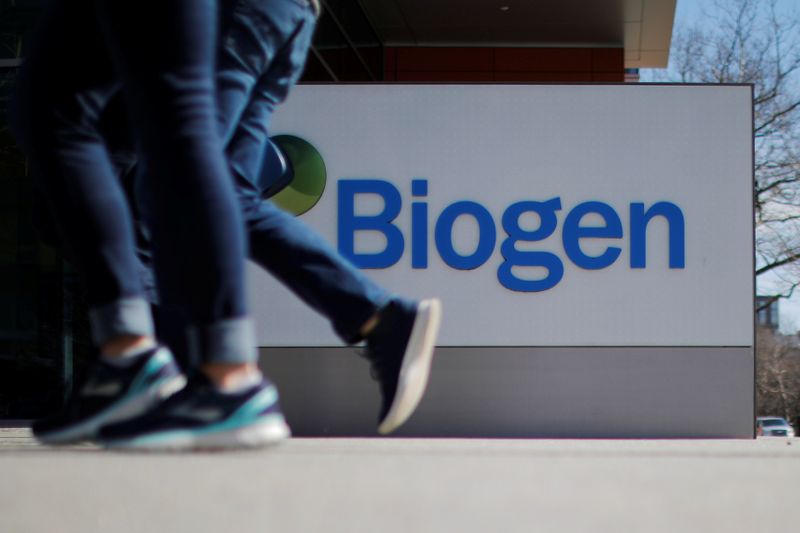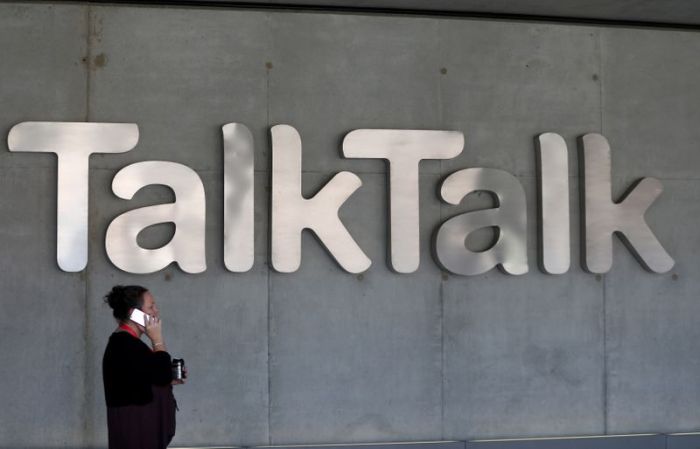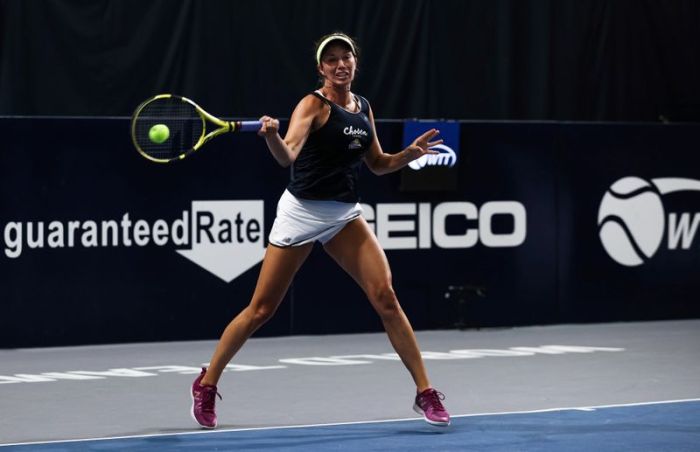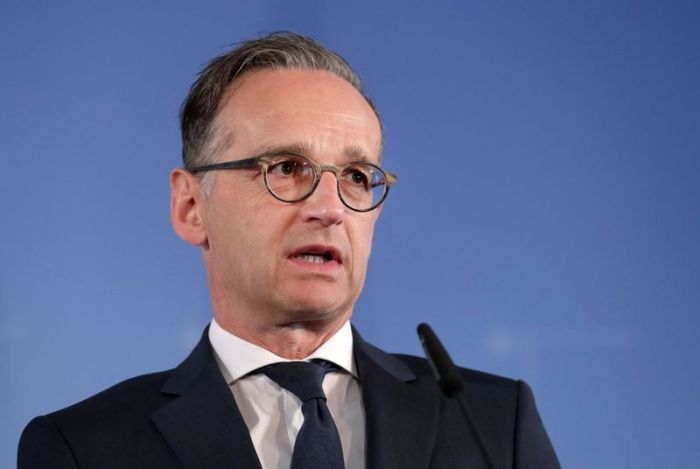(Reuters) – One of medicine’s costliest treatment areas could become even more pricey as Biogen seeks to layer its $750,000 spinal muscular atrophy drug on top of $2.1 million-per-patient Novartis gene therapy Zolgensma.
Biogen’s Spinraza, the list price of which drops to $375,000 a year after the first year, was the first approved treatment for spinal muscular atrophy (SMA), a leading genetic cause of infant death, and was dominant until Zolgensma’s entry last year.
Zolgensma is the world’s most expensive one-off treatment, bringing in $205 million for Swiss drugmaker Novartis in the second quarter.
A proposed global clinical study by U.S.-based Biogen would test if Spinraza improves outcomes in patients who do not respond sufficiently to Zolgensma, it said.
In a call with analysts after Biogen’s announcement, Novartis Chief Executive Vas Narasimhan did not directly address whether patients had adequate responses to Zolgensma or if they could benefit from Spinraza treatment after gene therapy.
Narasimhan did say that patients had not lost progress gained after treatment with Zolgensma, but that Novartis continues to evaluate another SMA medicine, branaplam, with the gene therapy.
Biogen, which achieved $2 billion in 2019 Spinraza sales, aims to enroll up to 60 children up to 3 years of age, starting in 2021.
Rare diseases such as SMA are attractive treatment areas for drug companies despite small patient numbers because they often affect children, which means that drugmakers can command high prices for advanced treatments.
The SMA market is poised to become more competitive, however.
Swiss drugmaker Roche and U.S. partner PTC Therapeutics are awaiting approval by the U.S. Food and Drug Administration of risdiplam next month.
The one-a-day oral drug is viewed as a potential a rival to Spinraza, which is administered every four months via spinal infusion. Some analysts predict risdiplam’s sales could eventually top $2 billion.
(This story corrects to Spinraza list price after the first year to $375,000, not $350,000, in second paragraph)
(Reporting by Manojna Maddipatla in Bengaluru and John Miller in Zurich; Editing by Devika Syamnath and David Goodman)

























